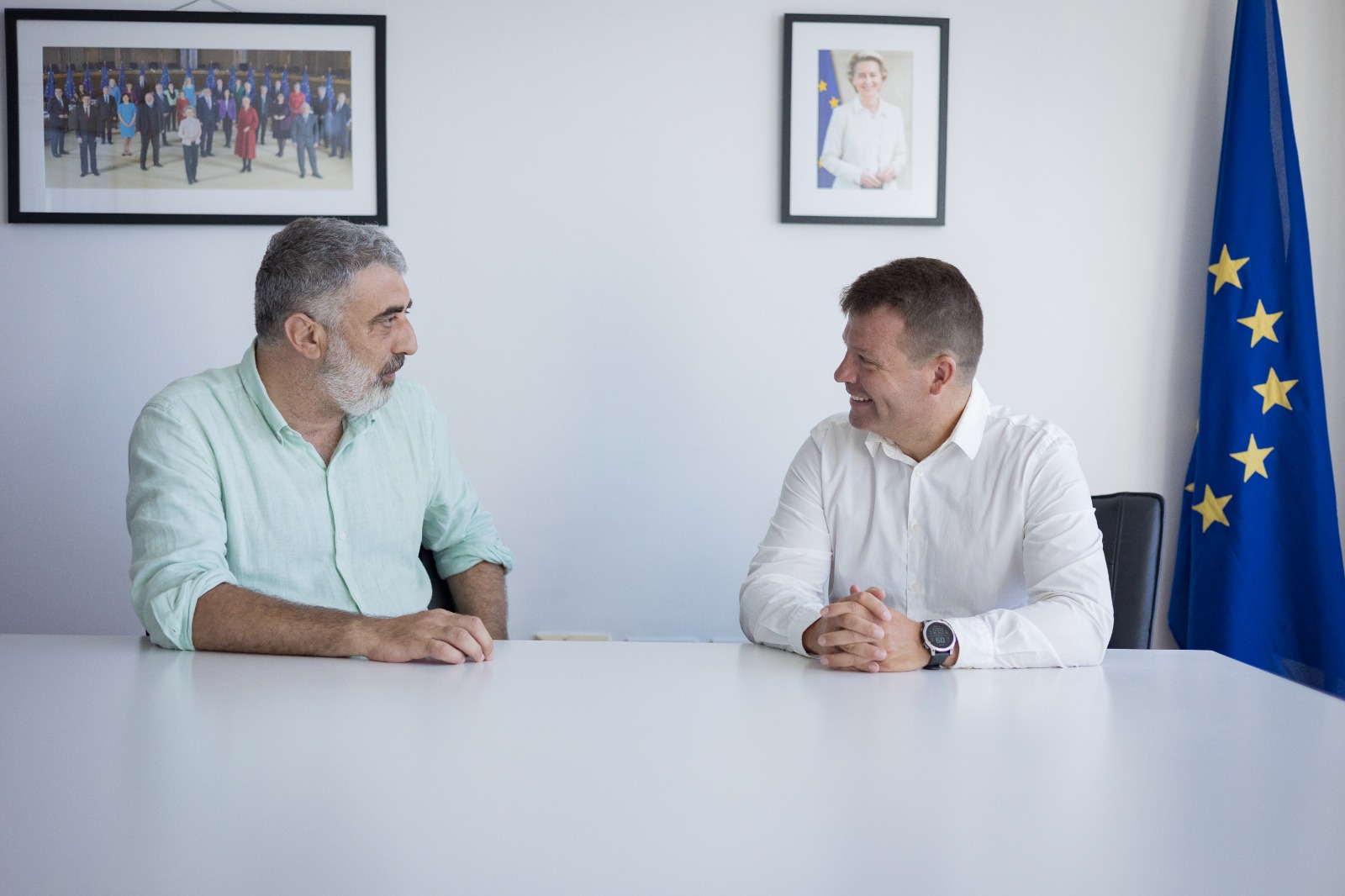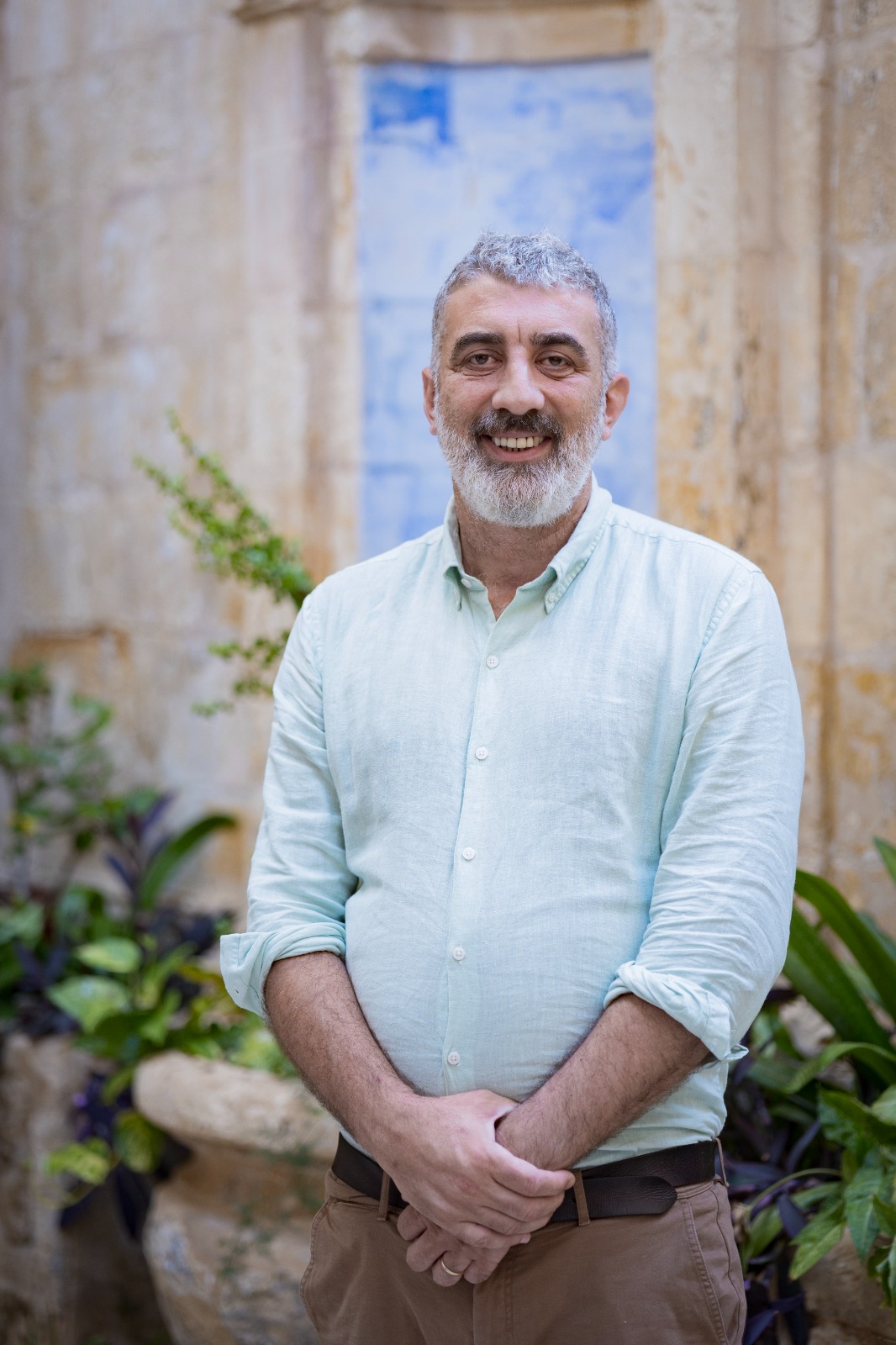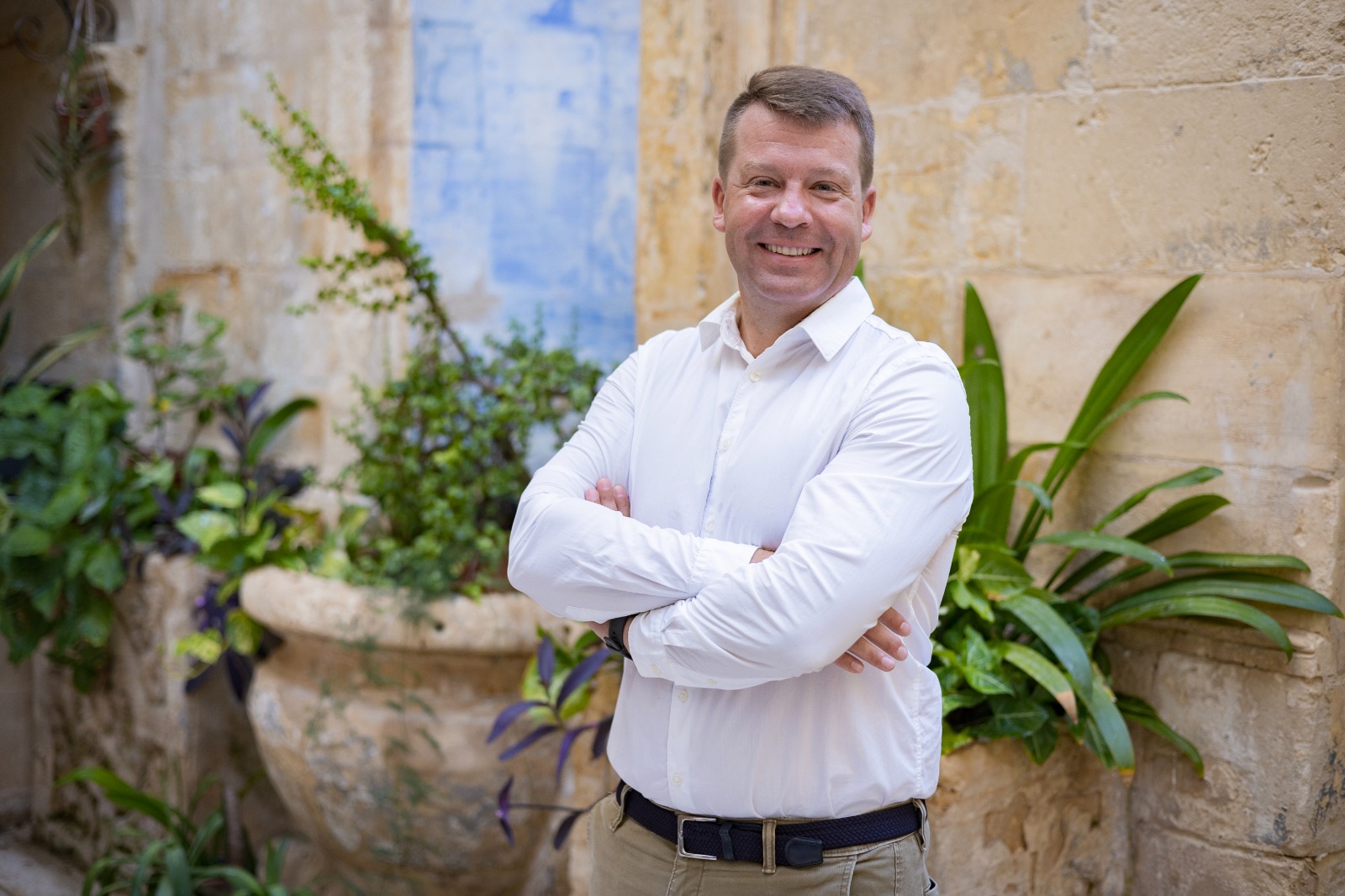In the wake of the COVID-19 pandemic, the European Union recognised the need for a robust and unified response to ensure the recovery of its member states. Unlike the 2008 financial crisis, where countries were left to navigate the hardships pretty much on their own devices, the EU has adopted a different approach this time round, as it took a decidedly collective approach to help member states navigate the troubled waters. This was most evident in the case of the joint procurement of the vaccines, which made Europe one of the earlier vaccinated blocks in the globe, just to mention one example. However, the sense of solidarity and cooperation was not left to fizzle out with the lifting of the lockdowns.
“It is a real recovery plan in action”, says Martins Zemitis, European Semester Officer - Economic Analyst at the European Commission Representation in Malta. “NextGenerationEU is a monumental initiative designed to rebuild Europe’s economies and future-proof them for the challenges to come.”
NextGenerationEU signifies an unprecedented financial commitment from the EU, effectively doubling the budget to almost €2 trillion. This substantial increase underscores the EU’s determination to address the recovery process and the importance for sustainability.

(From left) Mark Vella, Head of Communications and Martins Zemitis, European Semester Officer - Economic Analyst, both stationed at the European Commission Representation in Malta
“The funds are not merely a temporary relief measure but a strategic investment in long-term resilience in view of the values the EU holds dear, such as the environment, social impact and good governance. By focusing on both economic investments and necessary reforms, the plan aims to transform the economic landscape of the member states, making them more robust and adaptable to future shocks,” Mr Zemitis explains.

The allocation of funds under the NextGenerationEU plan prioritises regions and countries that need most assistance, as it moves away from the one-size-fits all formula. “Southern European countries, which bore the brunt of the economic fallout in a more accentuated way, are receiving a larger share of the funding. This approach is both fair and pragmatic, ensuring that those who suffered the most are given the resources needed to recover and thrive. In Malta, for instance, the funds constitute about two per cent of the country's GDP, and when combined with other EU funds, they represent almost six per cent of the national GDP – certainly not an insignificant amount of funds,” Mr Zemitis continues.
“The success of the NextGenEU plan is not just measured in financial terms but in how it tangibly improves the lives of EU citizens,” Mark Vella, Head of Communications at the European Commission Representation adds. “In fact, in order to promote this initiative, we have decided to shine a bright light on the heroes whose lives are being changed thanks to NextGenerationEU, and let them do the talking. The campaign emphasises the human aspect, of each investment, making them visible and relatable, demonstrating how the EU is making a positive impact on communities.”
In fact, though modest when compared to its counterparts across the continent, Malta’s recovery plan is quite ambitious in its scope. It combines a range of reforms and investments tailored to address the country's specific challenges and support sustainable growth. Remarkably, 70 per cent of Malta’s plan focuses on green initiatives, while 26 per cent targets digital investments. This strategic allocation of funds illustrates the EU's commitment to ‘putting its money where its mouth is,’ addressing pressing environmental challenges and promoting digital transformation.
“Malta faces significant environmental issues exacerbated by population growth and water scarcity. The economy, which has traditionally relied heavily on labour input, now finds itself under strain across various sectors due to the accelerated increase in the population,” Mr Zemitis expounds.
Focusing on three examples of the many projects that NextGenerationEU is helping with, Mr Vella explains how NextGenerationEU places an emphasis on environmental initiatives signalling a strong commitment to tackling these challenges head-on.

“A prime example is the Private sector electric mobility promotion scheme, valued at more than €50 million. This scheme is aimed at generously helping drivers replace their old internal combustion engines with more efficient, and environmentally friendly electric cars. In fact, the plan is to put more than 5,600 new electric vehicles on Maltese roads by 2026. The subsidy scheme is one of the most generous in the EU, offering up to €13,000 per vehicle. This initiative not only addresses environmental concerns but also aims to transform Malta’s transportation sector, which currently has a very modest adoption rate of electric vehicles. The initiative effectively promotes sustainable transportation while reducing environmental impact and improving quality of life,” Vella explains.
Malta’s plan also places a strong emphasis on reforms to support the investments. The digitalisation of the law courts, which is valued at €10 million and also forms part of the NextGenerationEU project, is expected to push the judicial system towards more efficiency, openness and transparency.
“The long-term plan is to see a judicial system that is more efficient, making decade-long waiting times a thing of the past,” Mr Zemitis notes. “By addressing infrastructural issues and introducing video-conference facilities, the courts will become more efficient, transparent, and accessible. This digital transformation is expected to reduce backlogs, improve transport logistics, and ensure that justice is not only served, but also seen to be served,” he said.
Moreover, another project which forms part of the NextGenerationEU project stands out, and possibly it will be the one with the widest ranging multiplier effect. It is the construction and development of a new Carbon-Neutral school in Msida, which is expected to start taking in pupils this coming scholastic year, as they will start their educational journey in an environment which puts an emphasis on sustainability, ecological sensibility and the sensible use of energy.
“The new eco-friendly Msida Primary School is a prime example of how EU funds can make a difference in the lives of many families, reaching out to promote the values that we all believe in. Making use of renewable energy, the school will require almost no additional energy, utilising photovoltaic panels, double glazing, and advanced cooling technologies. The project is significant not only for its environmental benefits but also as an investment in human capital, educating future generations about energy efficiency and sustainability,” Mr Vella concludes.
Main Image:
